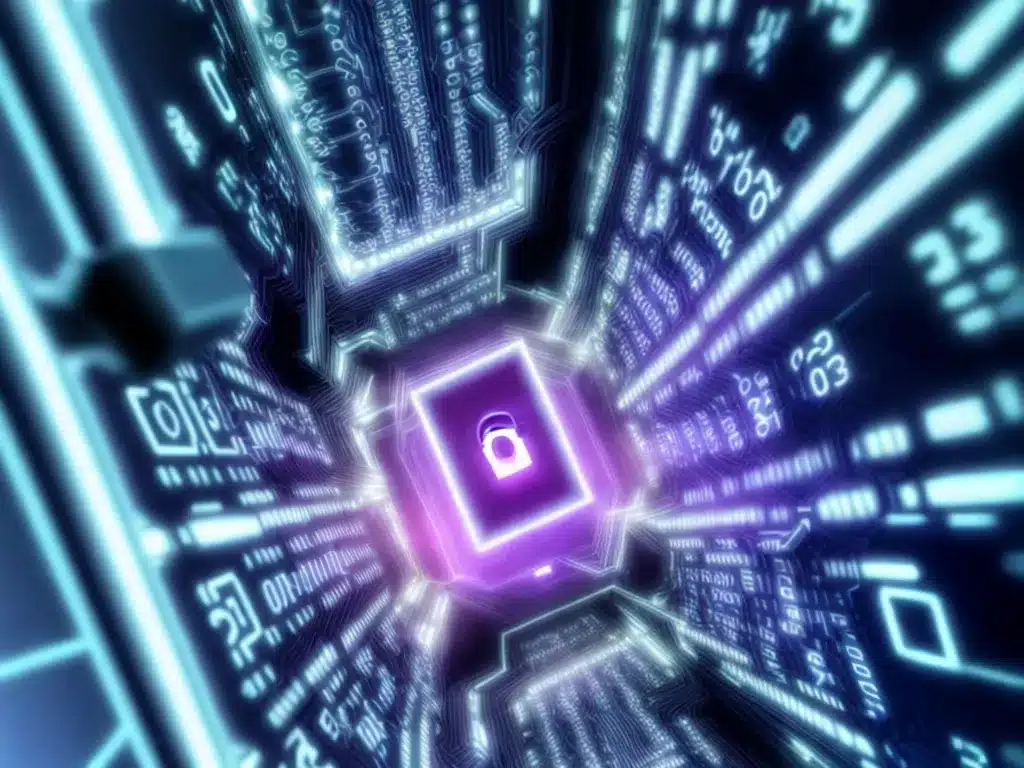
How Quantum Computing Will Impact Data Security
Introduction
Quantum computing is an exciting new field that leverages the principles of quantum physics to perform computations in radically new ways. While still in its early stages, quantum computing promises to be immensely more powerful than classical computing for certain applications. However, with this great power comes the potential for both beneficial and harmful impacts on society. In this article, I will explore how quantum computing may impact data security and cryptography in the future.
Background on Quantum Computing
To understand the implications of quantum computing, it is helpful to first understand what makes it different from classical computing. Quantum computers utilize quantum bits (qubits) instead of classical bits. Qubits can exist in a superposition of states, allowing quantum computers to perform many calculations in parallel. This massive parallelism gives quantum computers the potential to be millions of times faster than classical computers for certain specialized tasks.
Some key differences between classical and quantum computing:
- Classical bits can only exist as 0 or 1, while qubits can exist as 0, 1, or a superposition of both at the same time.
- Quantum computers can perform calculations on all possible input values simultaneously due to superposition.
- Quantum states are fragile and can ‘decohere’ through interaction with the environment. This introduces errors that must be corrected.
While quantum computing is still in early developmental stages, practical systems are starting to emerge, such as those built by companies like IBM, Google, Microsoft, Rigetti, and D-Wave. As the field continues to mature, larger-scale quantum computers will become available, bringing both opportunities and risks.
How Quantum Computing Impacts Cryptography
One of the most profound impacts quantum computing may have is in the field of cryptography and data security. Many of the encryption algorithms and protocols we use today are vulnerable to attack by a suitably large quantum computer. This has widespread implications for securing sensitive data in fields like finance, government, defense, and more.
Vulnerabilities in Public Key Cryptography
Most of the public key cryptography methods used on the internet today rely on the difficulty of factoring large prime numbers. For example, the widely used RSA algorithm derives its security from the infeasibility of factoring extremely large numbers. Quantum computers can rapidly factor these large numbers using Shor’s algorithm, breaking most popular public key encryption schemes.
This means that much of today’s encrypted internet traffic and stored data could be decrypted in the future by an adversary with a sufficiently advanced quantum computer. Sensitive data that needs to remain private for decades into the future is especially at risk.
Impacts on Cryptographic Hash Functions
In addition to public key ciphers, many common cryptographic hash functions like MD5, SHA-1, and SHA-2 may also be vulnerable to attack by quantum algorithms. While the risk is lower compared to factoring-based ciphers, post-quantum hash functions will likely need to be adopted to maintain long-term security.
This could impact password hashing, digital signatures, blockchain consensus algorithms, and any other applications that rely on cryptographic hashes for security. More research is needed to fully assess the extent of the risks in this area.
Defending Against Quantum Computing Attacks
Fortunately, researchers are actively working on new encryption methods and protocols to resist quantum computing attacks. The race is on between cryptographers developing new standards, and the continued advancement of quantum technology.
Post-Quantum Cryptography
New public key encryption algorithms are being designed that do not rely on integer factorization or discrete logarithms. Examples include lattice-based cryptography, code-based cryptography, and multivariate cryptography. While more computationally intensive than existing methods, these approaches aim to be secure even against attack by a quantum computer.
Major standards bodies like NIST are running competitions to select the most promising quantum-resistant encryption algorithms. The new standards will work alongside existing methods during a transition period as the old ciphers are phased out over time.
Quantum Key Distribution
Quantum key distribution (QKD) offers another approach by using quantum physics to generate and share random encryption keys. This enables theoretically unbreakable one-time pad encryption between two parties. However, there are still challenges to implement QKD across global communication networks. Real-world optical infrastructure issues can introduce vulnerabilities not present in theory.
Outlook on the Future
Quantum computing clearly has the potential to upend long-held assumptions in data security. However, work is underway in the cybersecurity community to ensure sensitive data remains protected, even in a post-quantum world. It is unlikely that all cryptography will fall overnight due to quantum attacks. The transition to new quantum-resistant encryption standards will happen gradually over the next 10-20 years.
Businesses and governments should take stock of encryption methods used for their most sensitive long-term secrets. As larger quantum computers continue to be developed, a proactive approach is needed to stay ahead of emerging threats. With prudent planning and upgrading of systems to new standards as they become available, we can reap the benefits of quantum computing while mitigating the risks.












